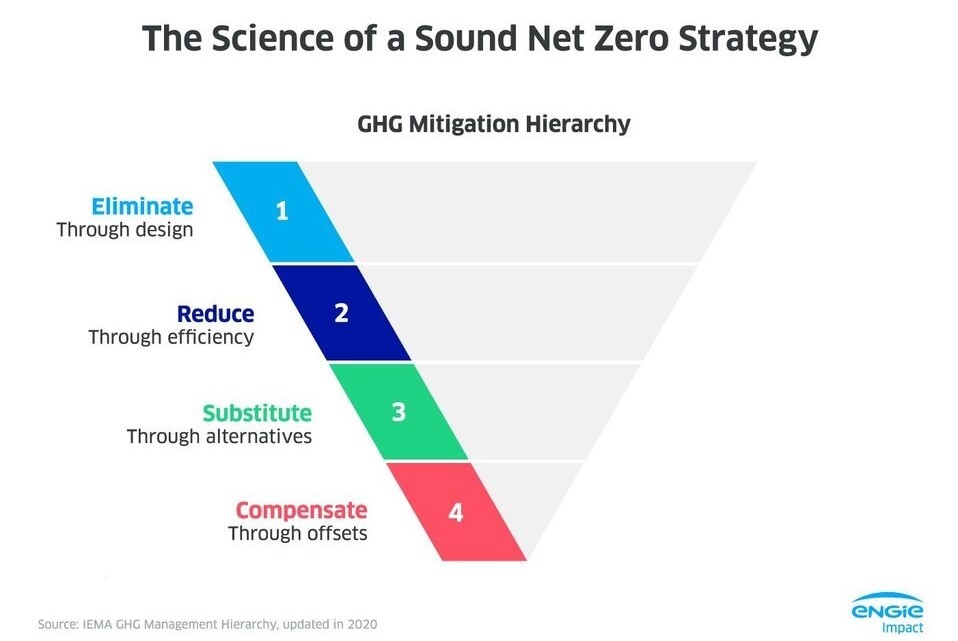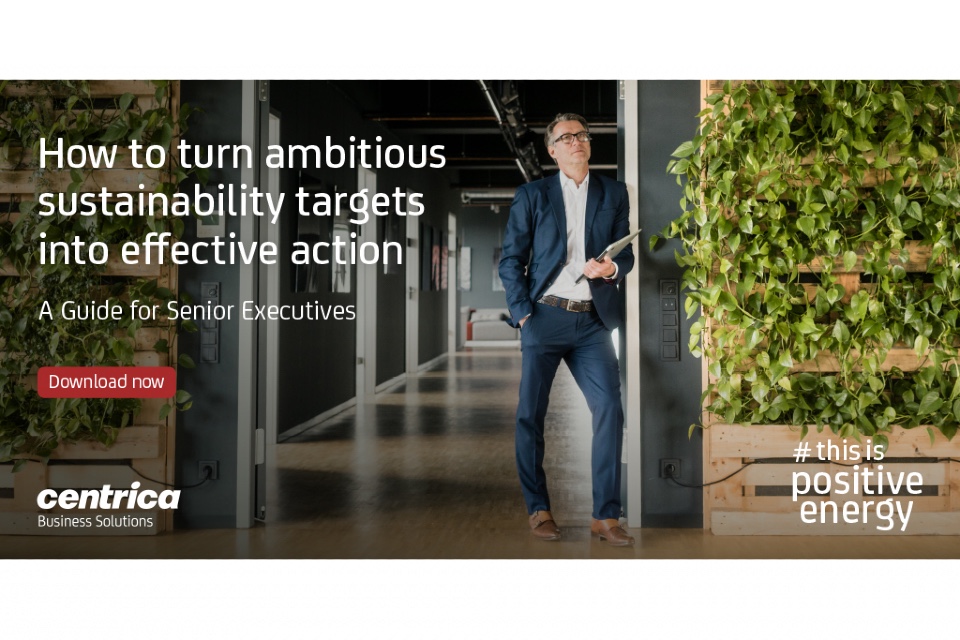Every UK job has the potential to be green, according to an independent expert report backed by the UK government, which has welcomed 15 new recommendations from the independent Green Jobs Taskforce.
It is already estimated that the Prime Minister’s ambitious Ten Point Plan will support up to 90,000 highly-skilled green UK jobs within this Parliament, and up to 250,000 by 2030.
This includes supporting 60,000 jobs in offshore wind, 40,000 new jobs in zero emission vehicles, and 50,000 jobs in greening the UK’s buildings – all by 2030. This represents the first steps towards our broader ambition of supporting 2 million jobs in the green economy and its supply chains by 2030.
The Taskforce, convened by the Business and Education departments in November 2020, has published its findings and recommendations on how the UK government, industry and skills sector can best deliver the green jobs and skills of the future. Recommendations include:
- publishing a detailed Net Zero Strategy and using policy to promote good green jobs, skills and competitive supply chains
- industry, the education sector and the UK government working together to ensure green careers advice and pathways into good green jobs
- building on the UK government’s skills reforms to support people to work in the new green economy
The new report assesses how the UK jobs market and the skills sector should adapt to support net zero, from training engineers and construction workers who are building the UK’s world-renowned offshore wind farms and nuclear plants, to the retrofitters who will make homes more comfortable and energy efficient, and car mechanics servicing electric vehicles and vans.
UK Energy & Climate Change Minister and co-chair of the Green Jobs Taskforce Anne-Marie Trevelyan said: “As we lead the world in tackling climate change, we need to invest in the UK’s most important asset – its workforce – so that our people have the right skills to deliver a green industrial revolution and thrive in the jobs it will create.
“That’s why today we have welcomed the recommendations put forward by the Green Jobs Taskforce, which are a big step forward in delivering the skilled workers and green jobs essential for the UK’s transition to net zero.
“Its report, alongside our ambitious skills programmes, will be invaluable to us as we build a pathway into green careers for people from all backgrounds and ensuring that workers and communities dependent on the high-carbon economy are supported as we build back greener into a cleaner future.”
Minister for Apprenticeships and Skills and co-chair of the Green Jobs Taskforce Gillian Keegan said: “We are focused on delivering the talent pipeline businesses need for green jobs now and in the future. From Skills Bootcamps to apprenticeships, our skills programmes will ensure people are able to acquire the skills needed for the growing green economy.
“We welcome the Taskforce’s findings which will help us to drive forward our ambitious green skills revolution, supporting more people of all backgrounds to get the skills they need to build great careers and help us reach our goal of net zero emissions by 2050.”
Minister for Employment at the Department for Work and Pensions, Mims Davies MP, said: “As we push to build back greener we’re ensuring jobseekers have the skills and experience needed to propel our green recovery – including through our Plan for Jobs which is creating new opportunities and helping people pivot into growing sectors.
“We know there is more to be done and this report provides a valuable insight on how we can boost long-term job prospects as we continue on our journey to net zero, and I look forward to powering our progress towards a cleaner, greener Britain as I join forces with colleagues on the new delivery board.”
In a further drive to ensure people have the right skills to deliver the transition to a net zero economy and pursue green careers, the UK government has already rolled out a range of initiatives and skills programmes to build low carbon industries across the country and help people thrive in the jobs this will create.
This includes working with employers to boost green apprenticeship opportunities and supporting more adults to gain the skills they need to progress into green jobs through upskilling and training programmes.
These initiatives will build on existing action already underway including green apprenticeships and green skills bootcamps, strengthening the government’s ambition to support the creation of 2 million skilled jobs by 2030 to build back greener and reach net zero emissions by 2050.
Current initiatives from the UK government include:
- Green apprenticeships: there are a wide range of green apprenticeships already up and running including Nuclear Desk Engineers, Wind Turbine Maintenance and Operations Engineering Technicians, Research Scientists and Environmental Practitioners that have been endorsed by the Green Apprenticeships Advisory Panel (GAAP). The GAAP is working with employers across England to enhance the current apprenticeships on offer and create new opportunities to adapt to the growing green economy.
- Green Skills Bootcamps: the government is expanding its Skills Bootcamps to other areas of the country, which deliver free, flexible training courses of up to 16 weeks for adults so they can develop in-demand skills and fast-track to an interview with a local employer. This will include offering technical training in green home retrofit management, solar energy installation, sustainable agriculture, nuclear energy deployment, and green transport
- Electrification skills boost: the government has launched the Emerging Skills Electrification Project, which aims to encourage the adoption of cutting-edge skills in electrification technologies, such as battery-powered motors and drives, electric vehicle systems and software, battery maintenance, and recycling. The project will fund the development of short courses, teacher training support and free to access ‘up-skilling’ days for adults in the latest electrification technologies
- Free Courses for Jobs (free Level 3 qualifications): backed by £95 million from the National Skills Fund, the government is fully funding any adult without an existing Level 3 qualifications, which are equivalent to A levels or an advanced technical certificate or diploma, to take a Level 3 qualification for free. The offer includes qualifications that will support adults across England to get the skills that lead directly to jobs in sectors such as Agriculture, Building and Construction, Engineering, Horticulture and Forestry and Science
- Supporting transitioning industries: this year the government announced the landmark North Sea Transition Deal, supporting the oil and gas industry’s transition to clean, green energy – while supporting 40,000 jobs, and the UK’s first ever Industrial Decarbonisation Strategy, to help industry decarbonise in line with net zero, while remaining competitive and without pushing emissions abroad
- Plans for jobs: more than a third of the working population, including 14.5 million jobs, have been supported since the coronavirus pandemic began, one year on from the announcement of the government’s landmark Plan for Jobs
As part of government’s immediate response to the Green Jobs Taskforce report, it has announced it will set up a cross-cutting delivery group to include representatives from industry, the skills sector and other key stakeholders to oversee the development and delivery of the government’s plans for green jobs and skills. This group will maintain the momentum generated by the Taskforce and drive meaningful action across the green skills agenda.
The evidence collected by the Green Jobs Taskforce, and official recommendations, will now be considered by the government, feeding into the development of government’s ambitious Net Zero Strategy, due to be published ahead of the UN’s climate summit COP26 in Glasgow this November. The Net Zero Strategy will clearly set out the government’s path to achieving net zero emissions by 2050 and meeting the UK government’s targets to cut emissions and create new jobs and industries across the whole country.











